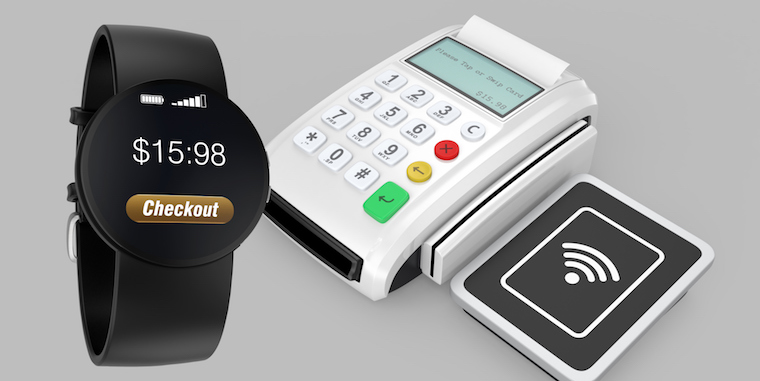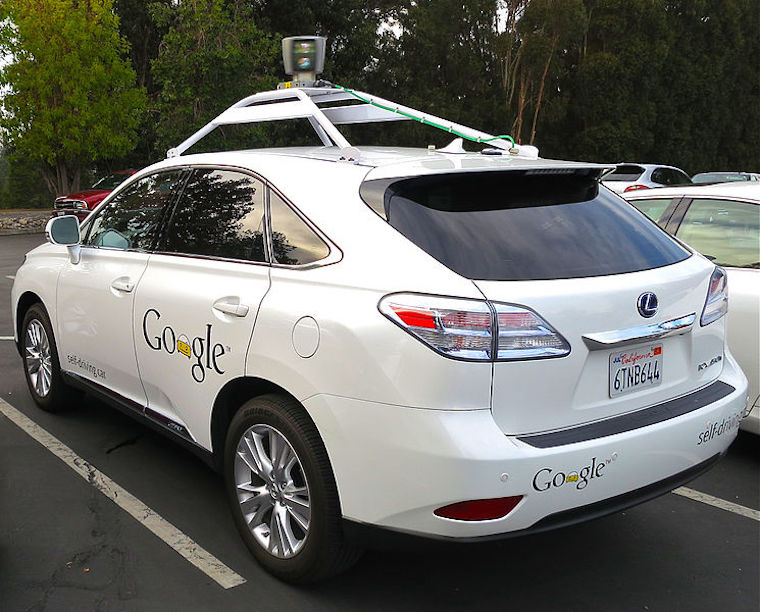Steve King, a partner in Emergent Research and regular contributor to SmallBusiness.com, is an expert in the changing role of work and work-relationships. He’s also our go-to expert on the On-Demand economy and the technology that is enabling it. More of his trend watching for 2016 can be found on the Emergent Research blog, Small Business Labs.
Each of these technology trends has been impacting small businesses for years. While each is important and powerful on its own, the growing convergence of these technologies is amplifying their impact and fundamentally changing how business is done.
They’re also leading to new forms of technology-based competition as small businesses are using them to:
- Become more efficient
- Tap into new markets
- Develop new revenue streams
- Develop new business models
Three important tech trends in 2016

Mobile | Mobile commerce (marketing and payments) starts to enter the mainstream for small businesses this year. With about 66 percent of American adults owning a smartphone of some kind (up from just 35 percent in 2011), mobile devices have become the go-to computing device for many consumers.
Cybersecurity | A carry-over from 2015, cybersecurity will continue to be a growing issue for small businesses. Small businesses will need to take cybersecurity and data privacy seriously or they run the risk of alienating customers and/or experiencing a damaging cyber attack.
Customer relationship management (CRM) systems | CRM will continue to grow in importance as more small businesses realize the value of collecting and analyzing customer information. From our research, we find it is amazing how few companies use CRM systems. The marketers of CRM have not, as yet, articulated to the small business market the importance or role of such platforms.
Three over-hyped tech trends to ignore in 2016

Virtual reality (VR) | VR is on most 2016 technology trends lists and someday it will be mainstream. But in 2016 virtual reality will mostly be used in gaming systems and a few very specialized applications in industrial setting and healthcare. Unless you are in one of the specialty areas (and if you are, you know it), VR will have little or no impact on your business in 2016.
Blockchain | While dismissed by most of the small business world, many big-name venture capitalists have backed firms related to virtual currencies. One of the enabling technologies of the Bitcoin model of virtual currency is Blockchain. Even if Bitcoin fails in reaching acceptance among a broad market, the technology related to Blockchain should be a competitive advantage for the future. Virtual currency may be a game changer in a few years, but it will not impact small businesses at all in 2016. (See more coverage of Bitcoin and virtual currency on SmallBusiness.com.)
Driverless cars | While the hype is already noisy, driverless cars are still at least 3 to 5 years away–and probably longer. There are some driverless truck applications hitting the market, but only in off-road settings.
Photo: Driverless car photo by Steve Jurvetson via Wikimedia Commons.
Other photos: ThinkStock
